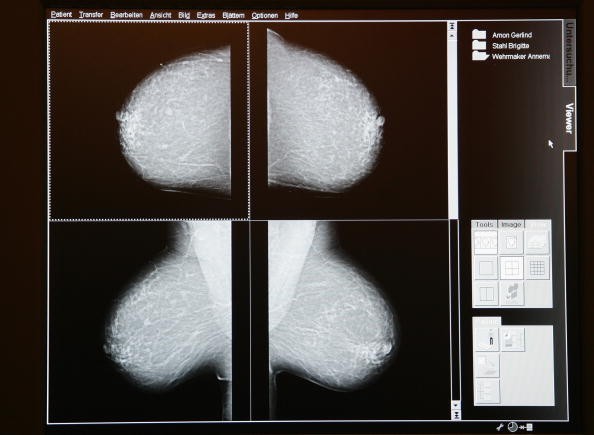
New research shows that women who have a brother, father, or son with prostate cancer may be more likely to be diagnosed with breast cancer. This finding reinforces previous work showing that the two cancers may cluster in families.
The findings come from the large Women's Health Initiative, and used data from more than 78,100 women who were enrolled in the study in 1993. The women had a complete physical when they enrolled and were cancer free then. They also gave a detailed medical history for themselves and their families. More than 3,500 women in the study were diagnosed with breast cancer by 2009.
The study found that women with a family history of both breast cancer and prostate cancer were 78% more likely to develop breast cancer compared to women with no family history of either, the study found. This risk was higher in black women with a family history of both breast and prostate cancer than in similar white women.
More than 11% of the women who were diagnosed with breast cancer had a first degree relative-a father, brother, or son-who had prostate cancer. In comparison, 10% of women who did not have a first-degree relative with prostate cancer developed breast cancer. This is a 14% increase in risk, what the study called a "modest" increase.
More than 20% of women who had a first-degree relative-mother, sister, or daughter-with breast cancer developed breast cancer, while only 15% of women who did not have a first-degree relative developed breast cancer.
Both breast cancer and prostate cancer are relatively common, which means that having a family history of both types of cancer may be coincidental or may be due to some environmental factor, such as smoking.
However, evidence that there is a connection between prostate cancer and breast cancer was seen in a 1994 study. This study reinforces that finding.



